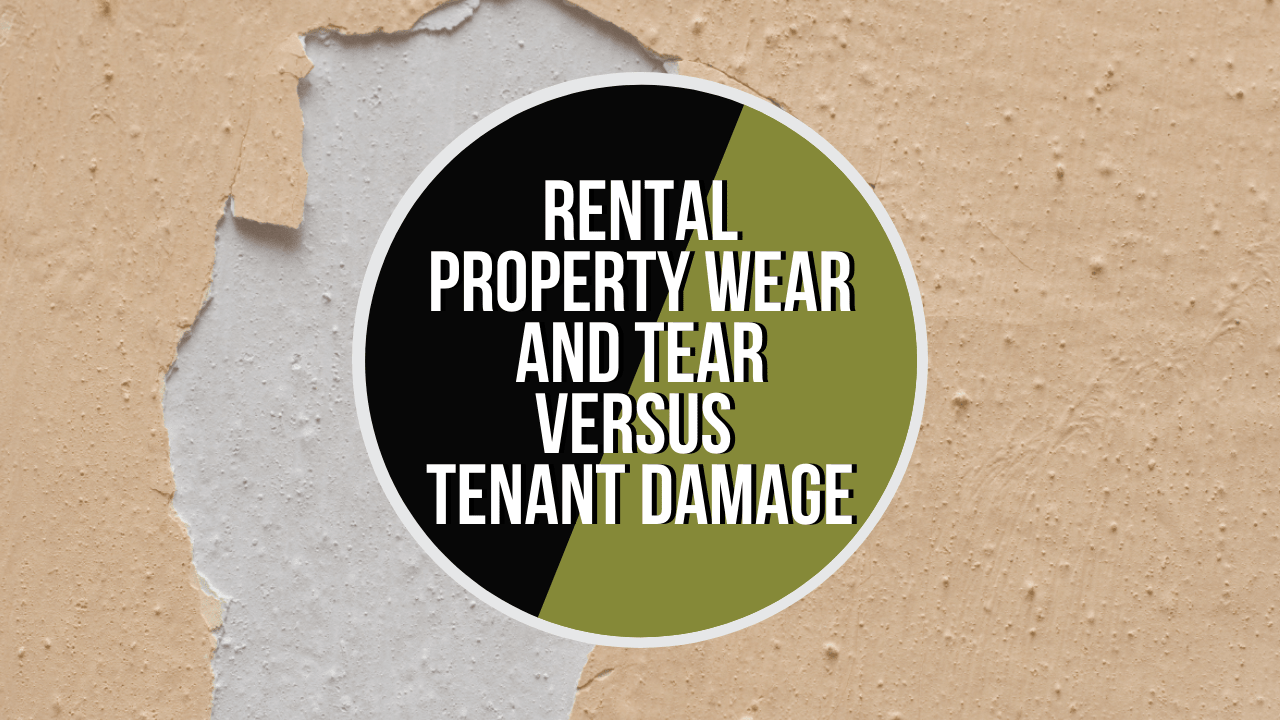When a tenant has moved out of your Boca Raton rental property and you’re conducting your typical move-out inspection, you’ll need to understand the difference between wear and tear and tenant damage. Tenant damage is the responsibility of your renter, and you’re able to charge that tenant’s
security deposit
for any damage that’s left behind.
Normal wear and tear is something different. You are responsible for taking care of wear and tear items, and you won’t be able to charge those repairs or
maintenance issues
to your tenants.
Security deposit disputes are pretty common between landlords and tenants. You can avoid an argument with excellent documentation.
Understanding Normal Wear and TearNormal wear and tear on a property is the general deterioration that occurs with use. It would happen to a property whether you were living in it yourself or you were renting it out to a tenant. It might include small nail holes in the walls where pictures were hung. It might be a scuff mark on the wall or dents in the carpet from where heavy sofas or other furniture was placed. Wear and tear might be fading on blinds or window treatments from sun.
Wear and tear maintenance is paid for by the landlord during the turnover process. It’s part of the cost of owning investment property. You’ll make some updates and improvements before a new tenant moves in, and you cannot charge the deposit for these things.
Understanding Tenant Damage
Damage is anything that goes beyond normal wear and tear and is the result of a tenant’s misuse, abuse, or neglect. Sometimes, it’s due to an unintentional accident. However, it still remains the responsibility of the tenants.
You can count a large hole in the wall or scratches on the floor as damage. If an appliance has been damaged because it wasn’t used properly, that’s something you can deduct from the deposit. When a tenant’s child colors on the walls, that’s damage. A toilet that is overflowing because large amounts of paper towels have been flushed would be damage. These are things you’ll have to fix before a new tenant moves in, but you can use the deposit to pay for the repairs.
Documentation is Critical















